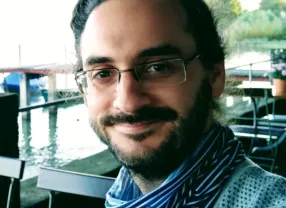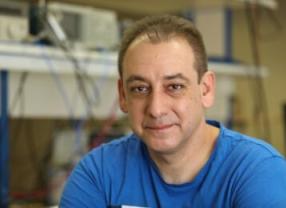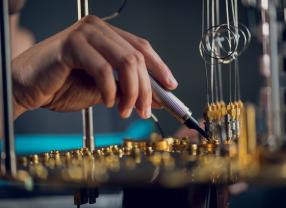Why get your degree from the Technion?
The Technion, the first and leading institute of Technology in Israel, offers world-class teaching and research opportunities in Quantum Science and Technology (QST). It encompasses first-class engineering along with leading science faculties.
The Technion has been the nucleus of the high-tech industry in northern Israel and provides much of the skilled manpower to the high-tech and defense industry.




